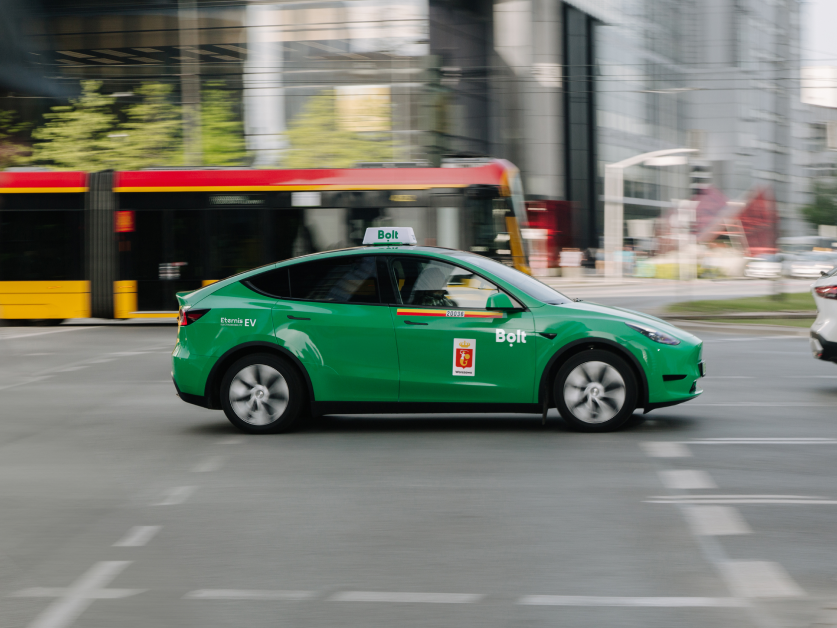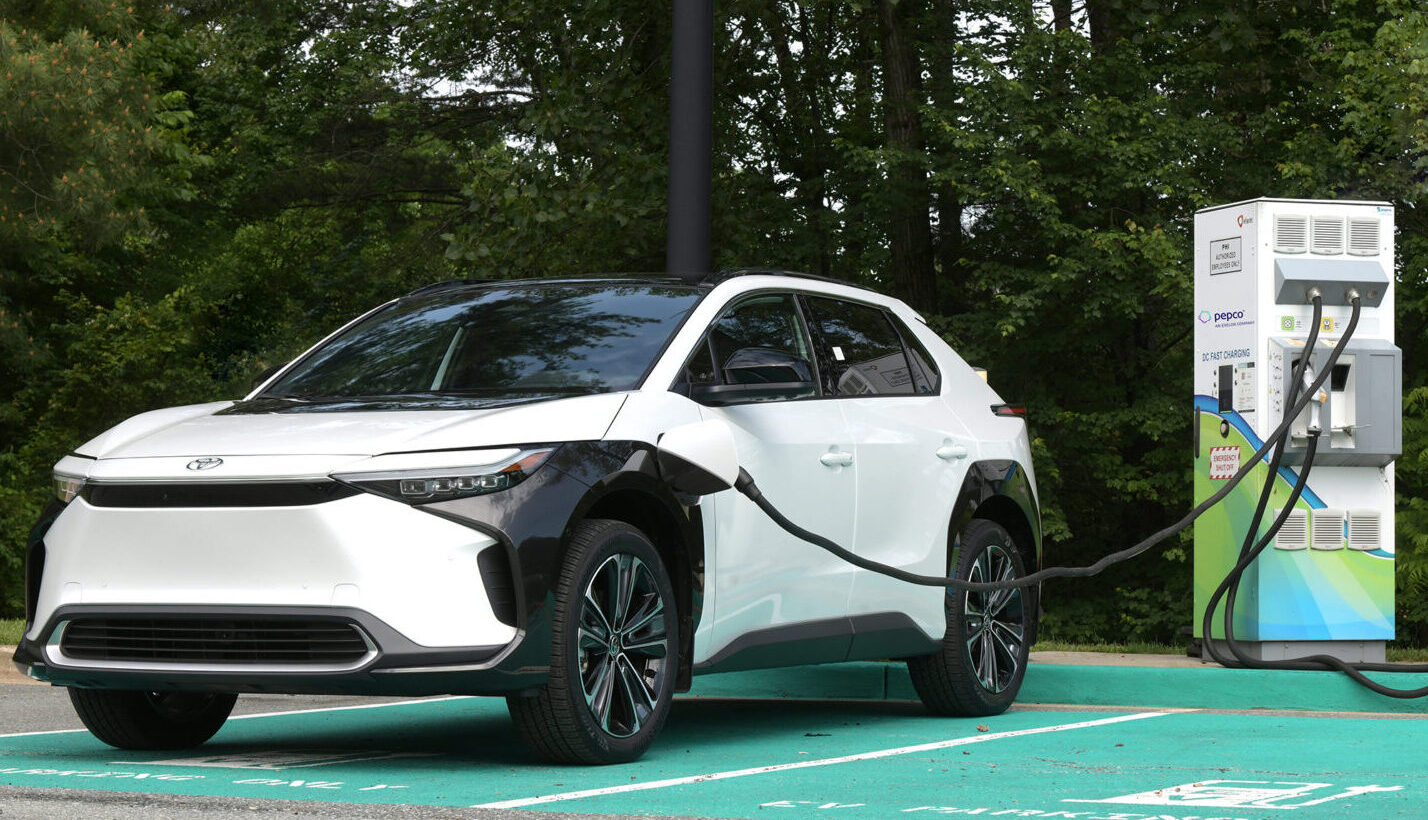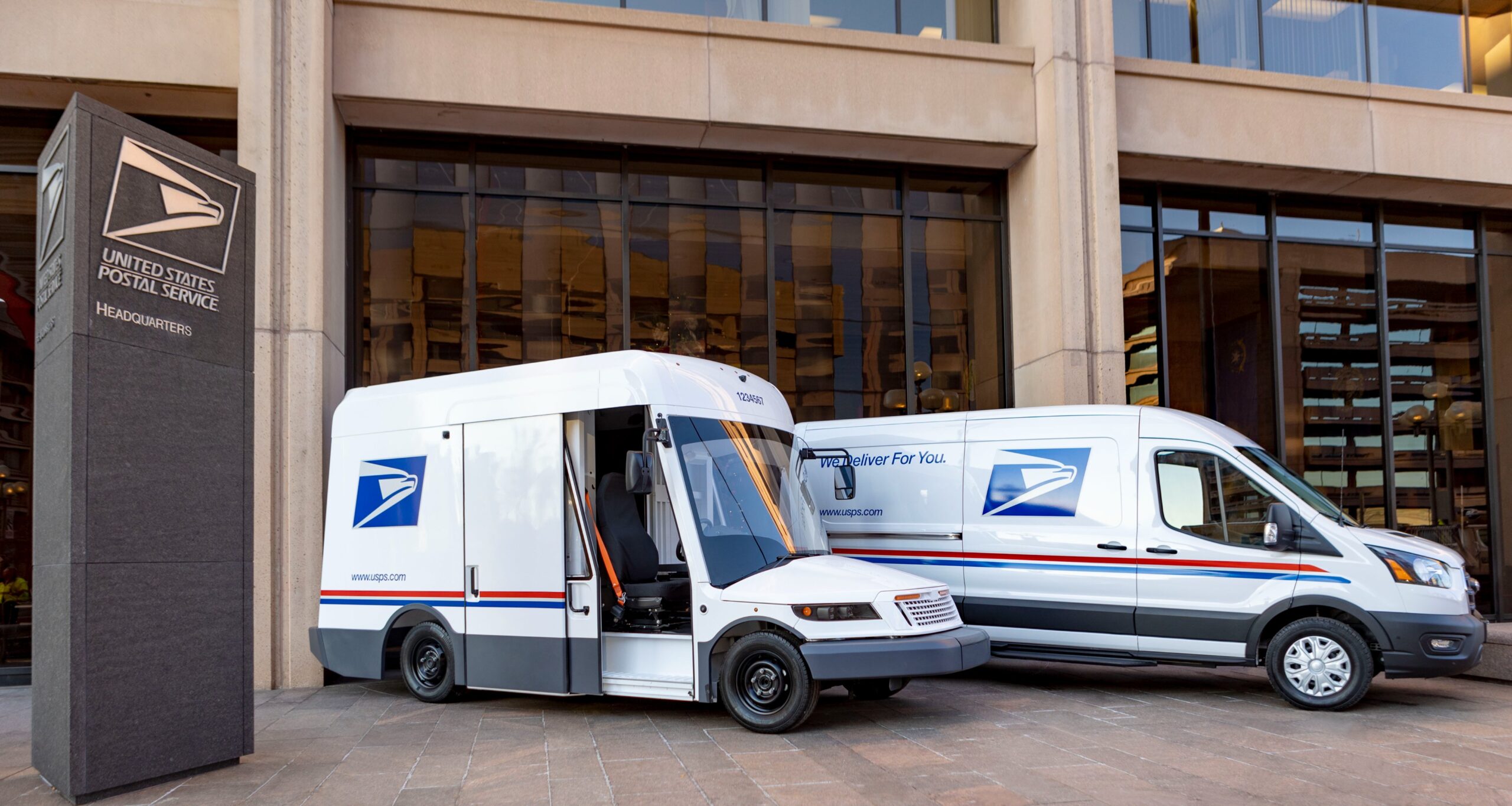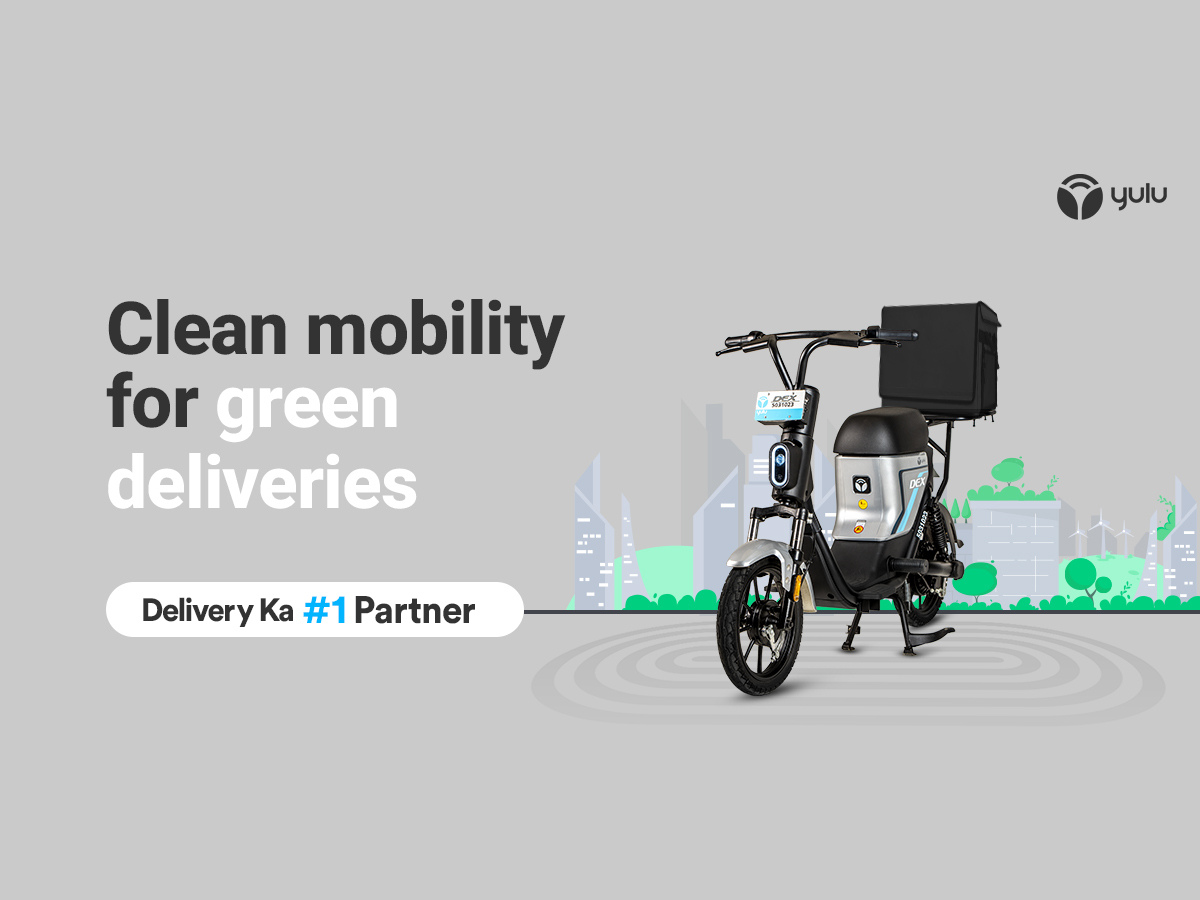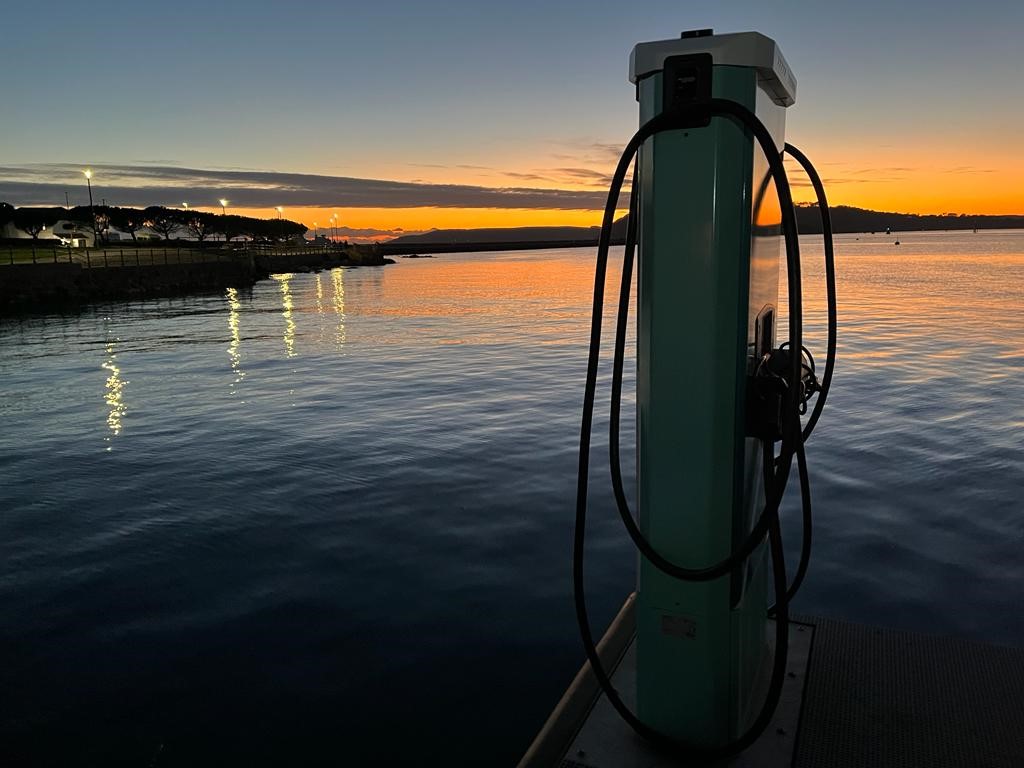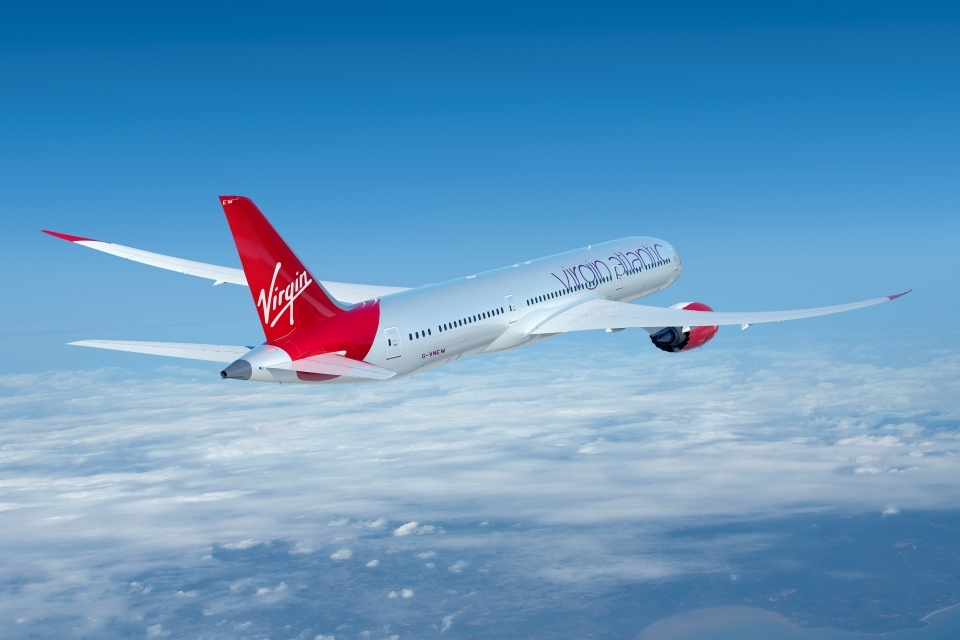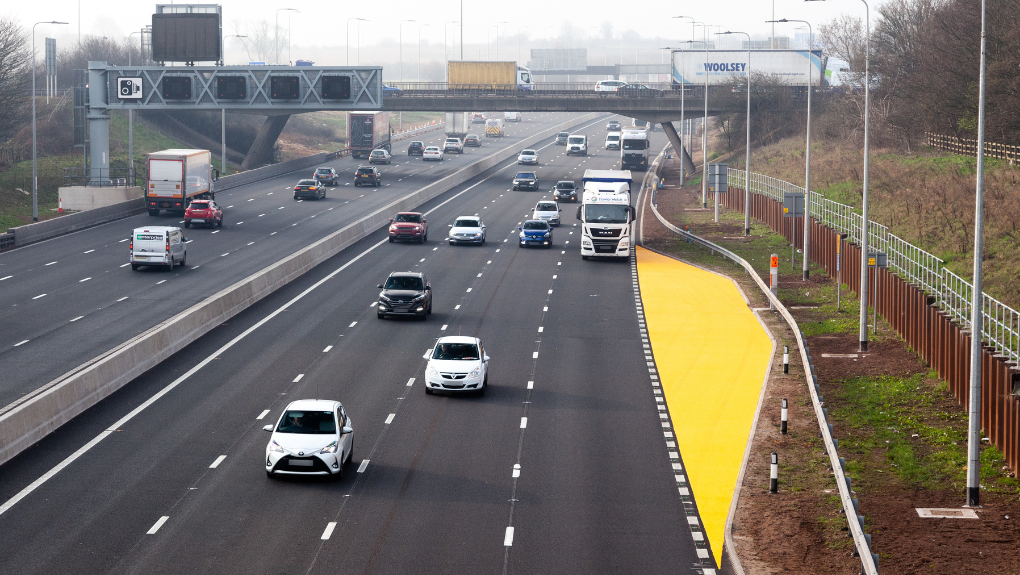London: All private-hire vehicles licensed for the first time now have to be ‘zero emission capable’.
This new regulation came into effect on 1 January 2023. However, Transport for London (TfL) first announced that this requirement was on its way seven years ago in order to allow the industry to prepare.
To qualify as a ‘zero emission capable’ vehicle must fulfil one of these two conditions:
- emit no more than 50g/km CO2 and be capable of being operated with no exhaust emissions for a minimum range of 10 miles (16km)
- emit no more than 75g/km CO2 exhaust emissions and be capable of being operated with no emissions for a minimum range of 20 miles (32km)
If the vehicle is a hybrid vehicle, meaning an internal combustion engine is part of the vehicle specification, it must meet the Euro 6 emissions standard as a minimum.
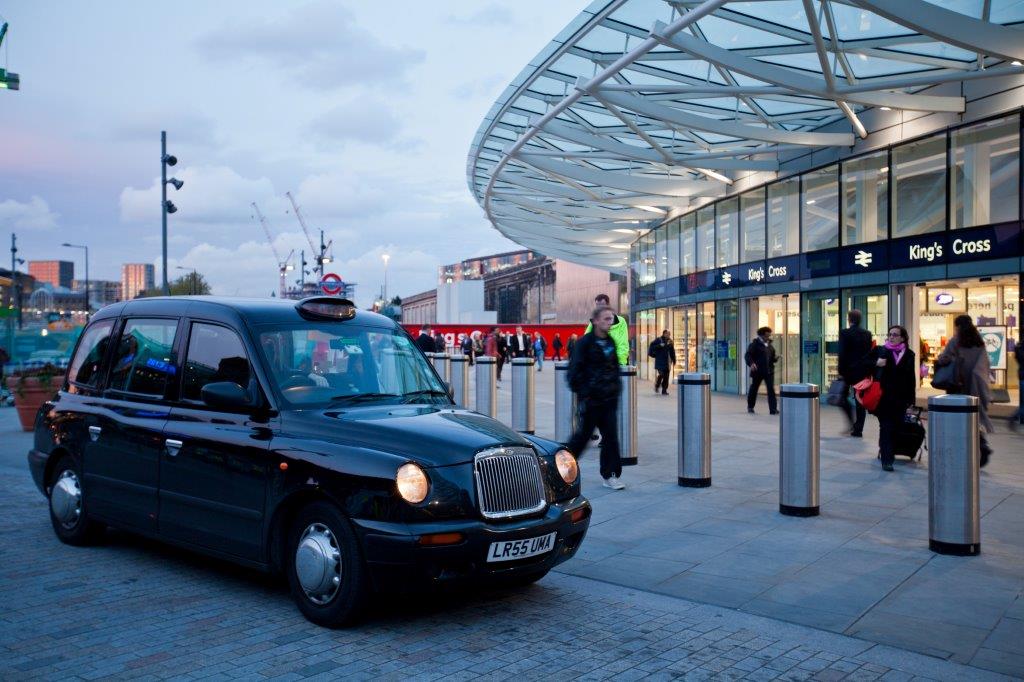
Minicab drivers who switch to a fully zero-direct-emission vehicle can also take advantage of the Cleaner Vehicle Discount (to be discontinued on 25 Dec 2025), meaning they won’t have to pay the Congestion Charge until January 2026. In order to qualify, these vehicles must be battery electric or hydrogen fuel cell vehicles.
By eliminating emissions at the point of use, this regulation aims at improving air quality in the capital. TfL called the air in London ‘filthy’.
Under a previous requirement, which came into effect at the start of 2020, all vehicles under 18 months old and licensed for the first time had to be ‘zero emission capable’. As a result, 25 percent of all private-hire vehicles now meet this standard.
This technological change also requires additional infrastructure. There are more than 11,000 charge points in London of which 820 are fast or ultra-fast charging, meaning a full charge takes 20 to 30 minutes. TfL has made land available for the construction of a further 100 rapid charging points by the end of the year.
According to London’s Electric Vehicle Delivery Plan, 40,000–60,000 charging points are needed by 2030 with 10 percent of them rapid chargers. TfL said it is on track to meet this target, having developed a plan to free up public land to deliver 1,000 of the 4,000 faster charging points required.
Helen Chapman, Director of Licensing and Regulation at TfL, said:The taxi and private hire trade has embraced electric vehicles in recent years, with thousands already being used to pick up passengers from all corners of the capital. Toxic air in London is a public health emergency and this new requirement will act as a catalyst in significantly further reducing toxic emissions and carbon dioxide, which is a major contributor to global warming.



